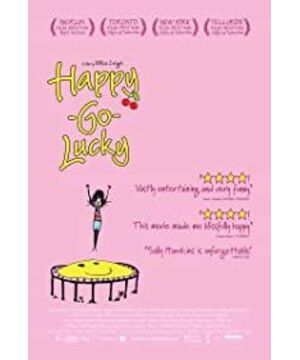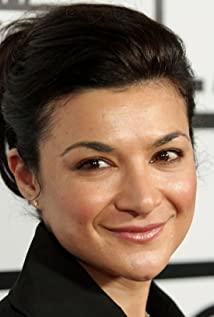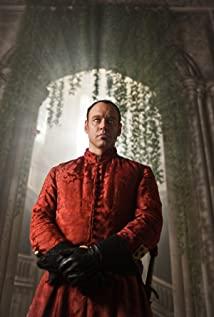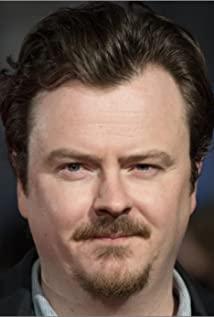God piece. "Happy Little Miss" is a Hong Kong translation, and the mainland is called "Worry-free", Xiaoya but lacks the big cheesy romance. God is God in this film, there is almost no linear plot, it is about the life of a nervous 30-year-old silly eldest sister, trampoline, going to the hospital, learning to dance, driving a party, learning to drive, for children In class, I chatted with a homeless person at night, and talked about a boyfriend. It was the same, very broken, very loose, no foreshadowing, no other narrative skills. The only relatively long thread-like thing is what happened when I learned to drive with a weird personal trainer. This stupid big sister is crazy, sloppy, careless, and noisy. The goal of life is to be happy and bring happiness to others, without thinking about the car, house, pension, or old age. A young woman who is not literary will face the prospect of no one to marry. It is about to become the fate of elderly mothers. Of course, in our words, living in the moment, hedonism. But this is definitely not the hedonism of fetishism. The hedonism of fetishism is completely different. It is the hedonism of the Gypsy Flamenco, and the hedonism of the East End of London. Because it was the Hong Kong version watched at the Film Archive, the mad women in the film all spoke with a strong East End accent, and the subtitles were really expressive to some extent, full of Hong Kong street slang, almost I can't watch it, even guessing, it's very outrageous, and it's very listening. When the plot progressed to the point where the happy young lady sympathetically got rid of the harassment of the driving instructor, she and her best friend were rowing on the lake and chatting, talking about some things and not. At this time, as the boat was rowing further and further away in the sunset—well, a long shot of good literature and art—the lens rose quietly, and slowly and quickly became a bird’s-eye view. I'm still waiting for the development of the next story, what should I do after the little climax, what happened to her new boyfriend, what happened to the child who suffered from domestic violence, oops, but I thought it was wrong, this scene What does it mean to put it here, isn't it... It won't just disappear. And then, outrageously, gone! But having said that, this little lady with an unruly life and the unruly plot lines of this film really complement each other. Looking at this film, it turned out to be brilliant. I have seen very few British movies, not including Kubrick and Harry Potter, and I only remember "Two Little No Guess" and "Iron Lady". American films always have a strong sense of individualism, as you can guess at a glance, French films are often too literary, and only British films seem strange. "Two Little No Guess" is extremely calm and crazy until cold, and "Iron Lady" has an elegant and old-fashioned classical tone, a kind of high-end of melancholy. The British comedy "Miss Happy" is even more puzzling. But I still seem to be able to smell a little bit of the British film, cold, whisky on ice, dawn dew. British films seem to focus more on writing about people than about things, and the hearts of the characters are present all the time. If the film is really about something, it's probably "childish". That's what the personal trainer accused her of: Learn to be an adult, not a kid at 30. This is the whole society's good inducement to all those who desire to pursue carefree. However, the film uses the whole of the film—the characters plus the plot—to promote childishness, otherwise it wouldn't be a comedy that ends on a whim. The whole-hearted childishness of a young lady is such a noble quality, even a virtue. Behind the film should stand Rousseau and his Emile. The innocent, free, happy and unrestrained nature of children in Rousseau's eyes should be the innate and precious character of human beings, and should not be obliterated by the social education of adults. This is really interesting, a British film, what we see is not Locke's "Children are a blank sheet of paper and should be raised and bred by education", but the opposite of the French Rousseau. Of course, you can also say me, don't be so serious and arrogant, not childish at all.
View more about Happy-Go-Lucky reviews











